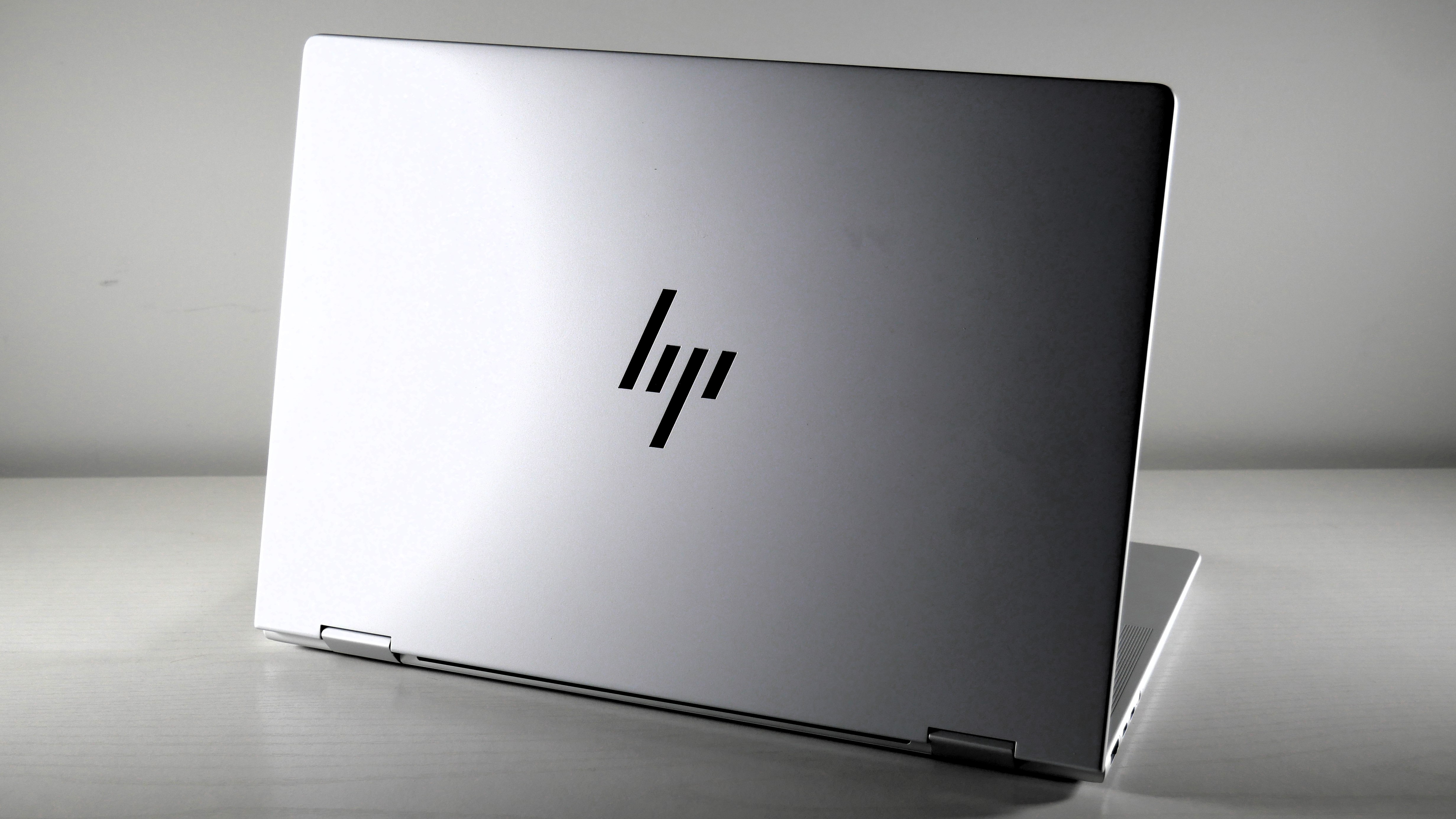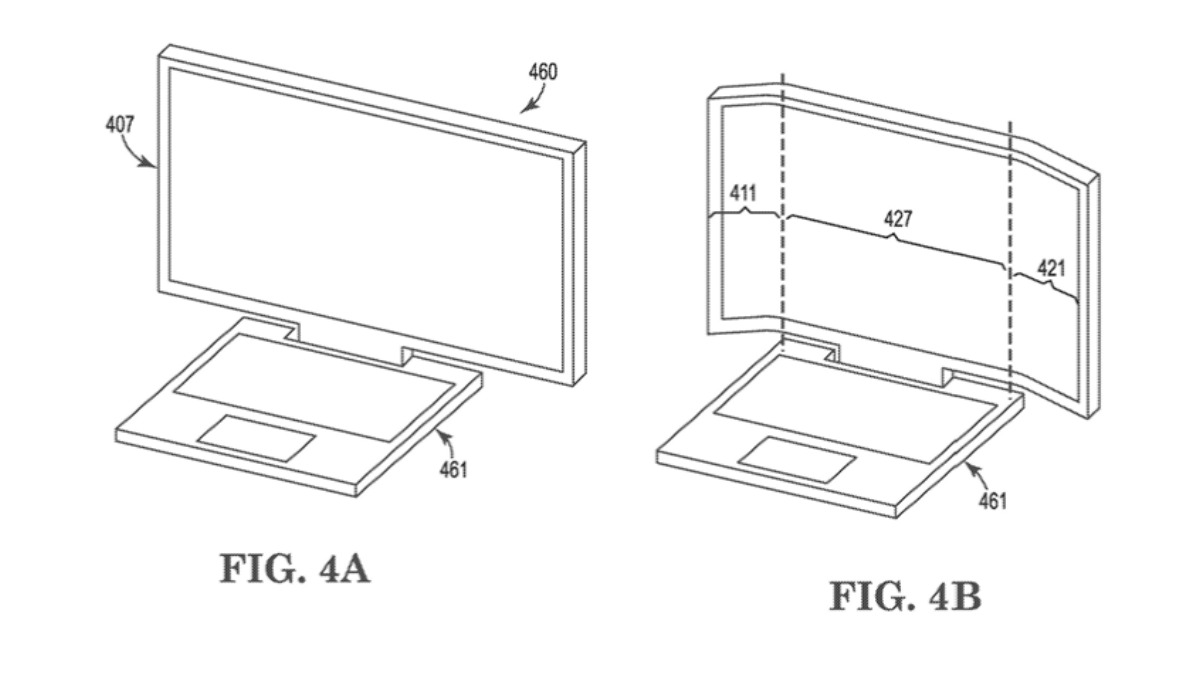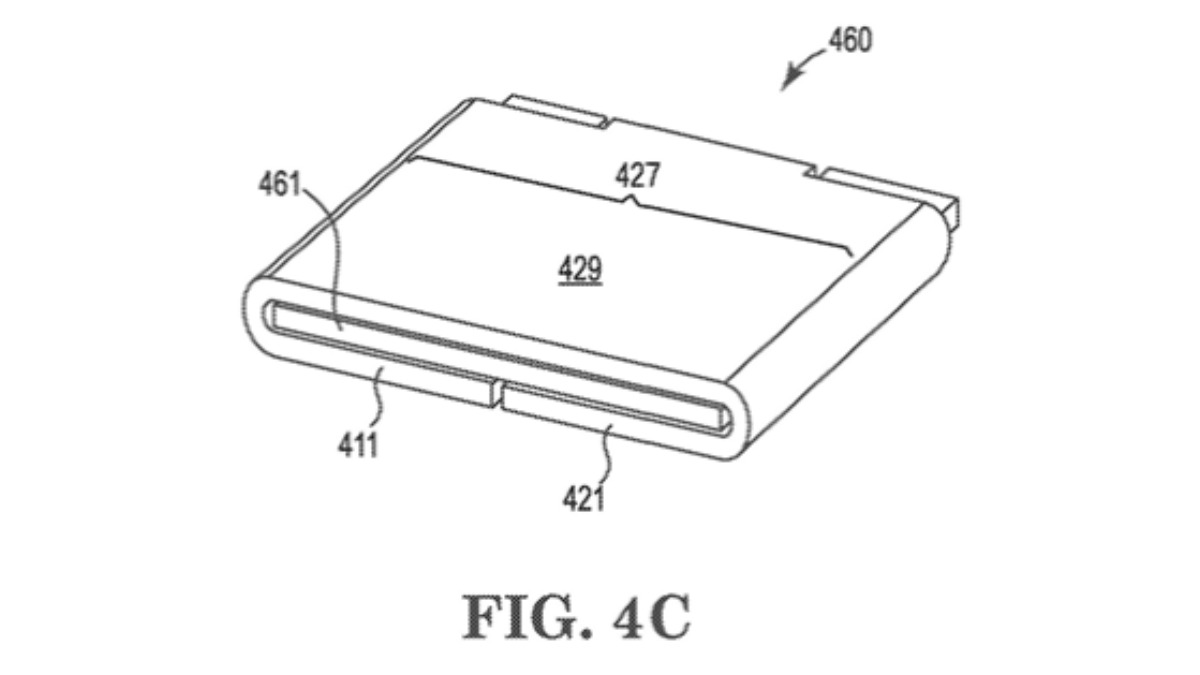
Foldable display tech has advanced quite a bit over the past few years. We've seen the first tri-fold phone debut from Huawei and watched foldable laptops progressively get better, from the Asus Zenbook 17 Fold OLED to the Lenovo ThinkPad X1 Fold 16 and the HP Spectre Fold.
HP has since retired the "Spectre" name and discontinued its Spectre Fold laptop, but that hasn't stopped the company from dreaming big in the foldable laptop space.
According to a recently published patent (spotted by MSPowerUser), HP may be developing a unique foldable laptop design. Of course, not all filed or published patents end up seeing the light of day, but I sure hope this one does.
A foldable laptop unlike any you've ever seen
Most foldable laptops on the market right now fold only in the middle — often hamburger style. But for the hypothetical folding laptop in the patent HP just published, it could fold in two places.
Right off the bat, I'm thinking these two slightly folded edges of the display would be perfect for housing small productivity apps, like Clock or Calendar, or for music apps, like Spotify.

Aside from its folding edges, this laptop's design is also unique in that the display is larger than the trackpad and keyboard. HP doesn't mention any specific display sizes in its patent, but most foldable laptop displays we've seen so far have been around 16 or 17 inches, for what that's worth.
Despite its potentially large display, this hypothetical laptop could close quite compactly. A patent image shows the laptop display closing on top of the keyboard and trackpad, then the display edges wrapping around the laptop's chassis.

In the patent document, HP notes that "Flexible flat panel display technology, through the development of rollable displays, [has] allowed for the development of a lighter, thinner product that is easier to carry and store." A foldable laptop that's thin and lightweight? Sign me up.
Companies are achieving wild things right now in the foldable display space, like LG with its stretchable screen that can twist and bend. That said, this unique foldable laptop patent from HP absolutely seems doable.
A patent doesn't automatically translate into a product, but I'm hoping it does in this case.







